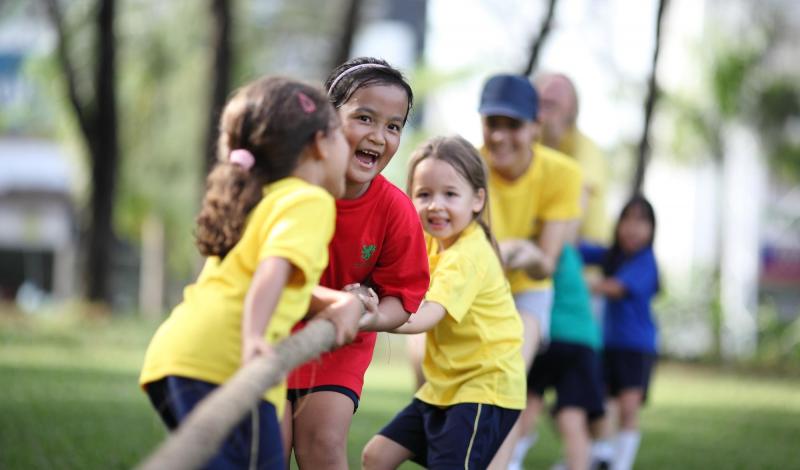Supporting Mental Wellbeing
Youngminds.com defines mental health and wellbeing in young people as “the strength and capacity of our minds to grow and develop, to be able to overcome difficulties and challenges, and to make the most of our abilities and opportunities”.
When we talk about the mental health and wellbeing of children, we can all be guilty of jumping to the polar extremes, when in reality, mental wellbeing should be viewed as a sliding scale. Between the black of ‘not coping’ and the white of ‘coping well & thriving’ there are many shades of grey that can colour our childrens’ mental wellbeing.
In their resource ‘What is Mental Health?’, Educare.com list that for children and young people, mental health means:
- a capacity to enter into and sustain mutually satisfying relationships
- an ability to play and to learn alone and with others
- a developing moral sense of right and wrong
- a clear sense of identity and self-worth
- an understanding that it is okay to make mistakes and for things to go wrong, so that they can learn and grow
As you would expect, all of these things vary from one young person to another because each individual is unique and has their own personality and strengths and weaknesses, but any glaring omissions of these factors can help to target an area potentially in need of focus and development.
Alternatively, you might find that a child who previously was defined as coping well & thriving, can be knocked off course by a sudden upsetting event, such as a bereavement, and very quickly find themselves at the opposite end of the mental wellbeing spectrum.
In their same material on ‘What is Mental Health?’, Educare.com reminds us that “It is important to remember that everyone has mental health; we may be at different places on the continuum but we all have mental health”.
It is vitally important that every member of the family takes the time to think about their own, and others’, mental health and wellbeing, and ensure they are creating an open environment where young people have the opportunity to cope well and thrive, but the security to speak up when circumstances and feelings dictate.
The mental health charity, ‘Mind.co.uk’ have created a list of ways for young people and children to reduce the effects of feeling anxious or stressed. These include:
- getting enough sleep (for children and young people this can be 10 to 12 hours a night)
- exercising regularly (at least an hour a day)
- listening to music
- writing troubles down
- talking to someone – this could be a friend, peer mentor or trusted adult
- using distraction techniques such as fidget toys, reading or a colouring book
- joining a (physical or online) group – making friends who have the same interests as you will promote your emotional health
- using breathing exercises
Have a wonderful, mentally happy Christmas everyone!



